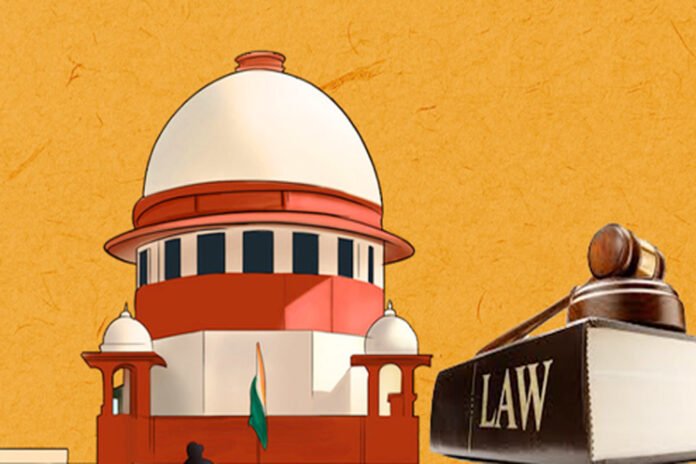New Delhi. The Supreme Court on Tuesday rejected the Allahabad High Court’s decision to repeal the Uttar Pradesh Madrasa Education Board Act, 2004. The court also said that this law is in line with the ‘positive responsibility’ of the state government to ensure that students studying in recognized madrassas achieve a level of qualification that enables them to participate effectively in society. Can do business. A bench headed by Chief Justice DY Chandrachud said the Allahabad High Court had erred in holding that the Madrassa Education Act, 2004 should be struck down due to its violation of the basic structure and principles of secularism. The bench said that every time some provisions of the law do not meet the constitutional standards, there is no need to strike down the entire law. A law is invalid only to the extent that it violates the Constitution. The bench headed by DY Chandrachud also included Justice JB Pardiwala and Justice Manoj Mishra. The bench held the Madrassa Education Act as unconstitutional to the extent that it regulates higher education with respect to ‘Fazil’ and ‘Kamil’ degrees, as it is contrary to the UGC Act. The only shortcoming is in the provisions that relate to higher education. Fazil and Kamil and these provisions can be severed from the rest of the Madrasa Act.
The bench said that if the provisions related to higher education are separated from the rest of the law, then the Madrasa Act can be implemented in a real and concrete manner. Thus, only the provisions relating to ‘Fazil’ and ‘Kamil’ (degrees) are unconstitutional, and the Madrasa Act would otherwise remain valid, the Supreme Court said in its decision. The court also said that Article 21-A of the Constitution and the Right of Children to Free and Compulsory Education (RTE) Act, 2009 should be read with the right of religious and linguistic minorities to establish and operate educational institutions of their choice. Are. The Supreme Court said that the Board, with the approval of the State Government, can make rules to ensure that Religious Minority Institutions impart secular education of appropriate standard, while maintaining their minority character. The Madrassa Act is within the legislative competence of the State Legislature and comes under Article 25 of List 3. Earlier in April, the Supreme Court had postponed the controversial decision, saying that the Allahabad High Court had not correctly understood the provisions of the Madrasa Act and its decision did not seem right.

